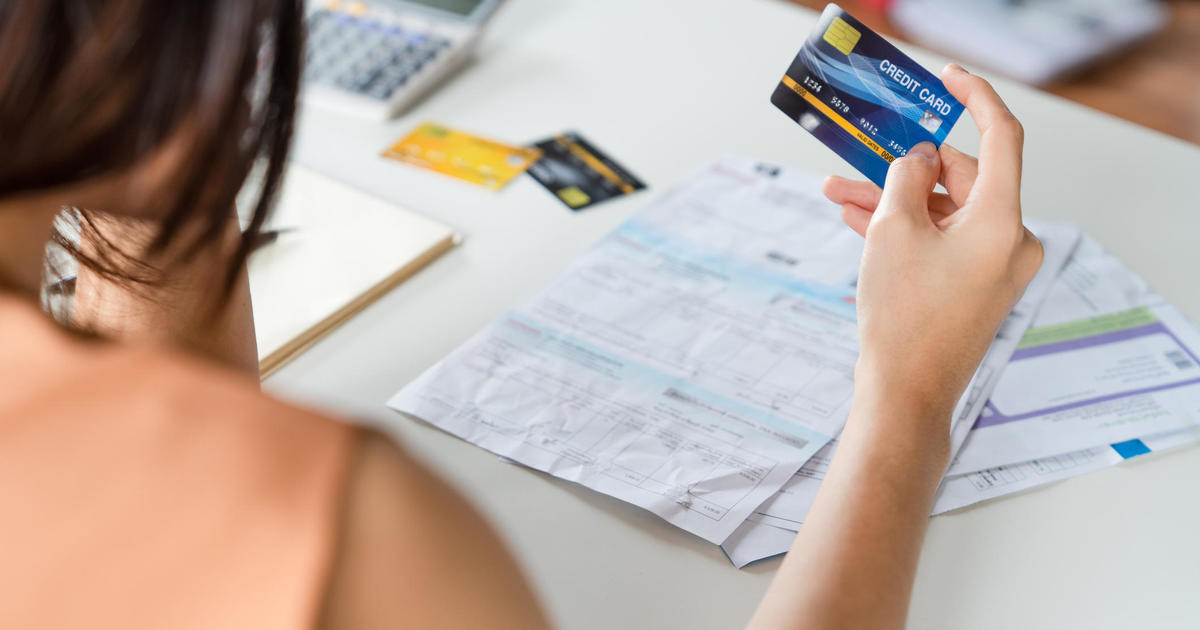IRS sitting on your tax refund? There's a bright spot.
Taxpayers awaiting refunds from Uncle Sam may find some solace in knowing they'll earn 4% interest on payments from the Internal Revenue Service that are behind 45 days or more. That's more than double what savings accounts and money market funds currently fetch.
The IRS began this year's tax filing season with a backlog of 8 million individual and business returns from the previous year. As of late April, the agency had a total of more than 15 million unprocessed individual returns from the last tax year and 2020.
Americans may well have scrambled to file their returns by the April 18 deadline, after two years in which the IRS extended the tax-filing deadline because of the COVID-19 pandemic.
Under the tax code, interest begins accruing 45 days after the mid-April deadline. That means during those years when taxpayers were granted extensions, the IRS had to issue interest payments on refunds covering periods ahead of when the returns were technically due.
Those extra bucks added up to the IRS paying $3.3 billion in interest to tax filers in fiscal 2021, a number that's more than tripled since 2021, according to a recent Government Accountability Office analysis.
Of course, even earning a little extra money on your refund may not allay the frustration of waiting for the check to arrive.
"Probably not," replied Bill Smith, the national director of tax technical services at CBIZ Inc., when asked if he thought most Americans are aware that the government pays interest on late refunds.
"I would add they probably don't care that much about it because in general, it's not going to be a big number," Smith, formerly a tax attorney at the U.S. Department of Justice, told CBS MoneyWatch. "The sooner they get their money from the government, the happier they are."
"People would rather have their refund on time. If you've got $3,000 or $4,000 coming, an extra couple hundred bucks is not going to do much," said Rob Burnette, a financial adviser and CEO of Outlook Financial Center in Troy, Ohio.
Still, for those whose refunds are delayed, a longer wait will likely be rewarded with the government paying an even higher rate of interest. Adjusted quarterly and tied to short-term interest rates, the current 4% rate paid to individual filers took effect in April, up a percentage point from the previous quarter.
It's likely to rise further as the Federal Reserve attempts to contain inflation with further increases to its main benchmark interest rate, which impacts what people pay to borrow money and what we are paid to save.
The Fed hiked borrowing costs half a percentage point earlier this month and signaled another two increases were likely in the works. With the central bank's rate now set at a range of 0.75% to 1%, another couple hikes could have the IRS paying 5% interest on late refunds in short order, and 6% by the end of the year.
"Essentially it's the fed funds rate, rounded down, plus 3%," Burnette noted.
Keep in mind that the interest payments paid by the government are taxable income, he and Smith said.
Taxpayers owed money by the IRS now typically wait about three weeks to receive a direct-deposit refund, but that's only for those who filed electronically and "assuming everything is correct and accurate," said Burnette. Those who request a check in the mail will wait another week or two, he added.
"File electronically and have your refund direct-deposited," advises Smith. "If you don't do that, be patient and enjoy your 4%, as some day your check will come and so will your prince," he quipped.



